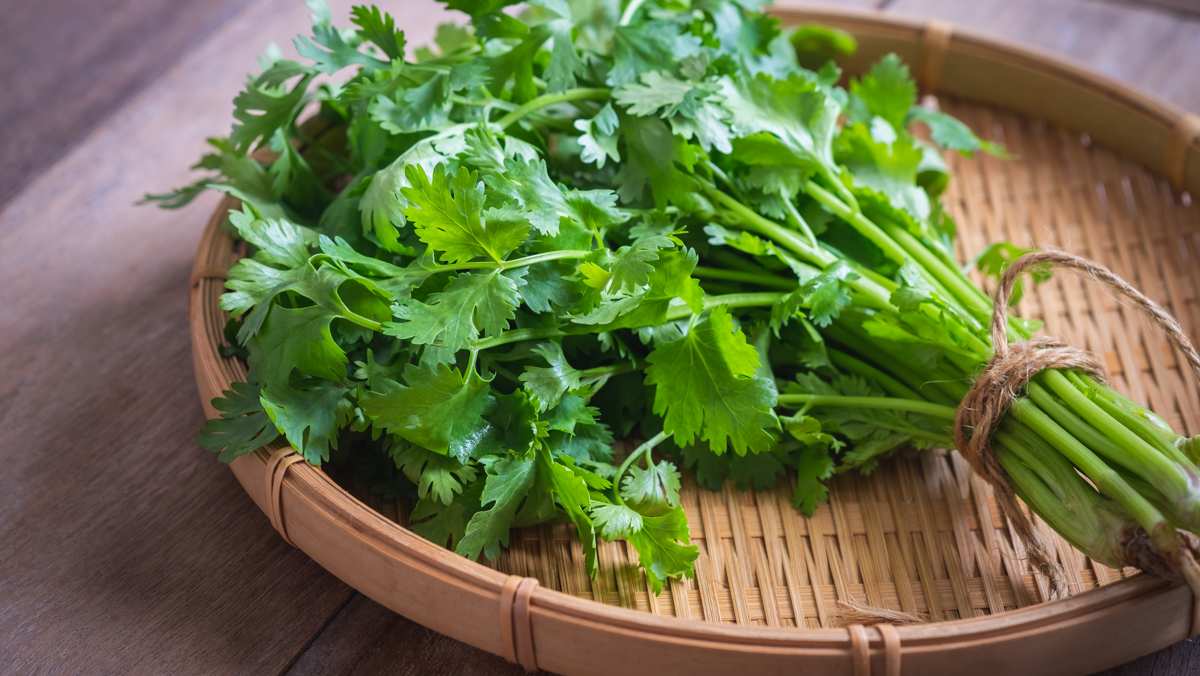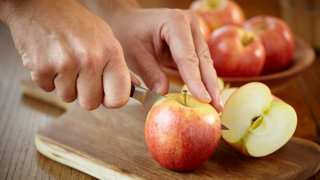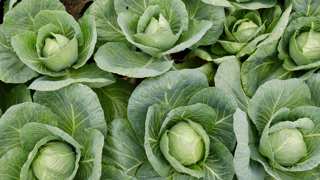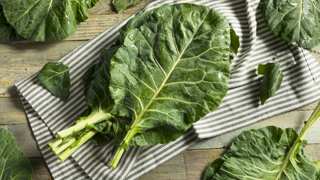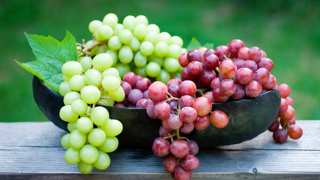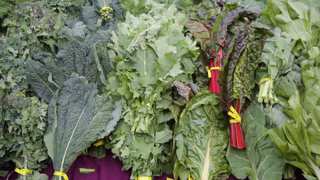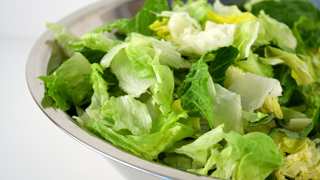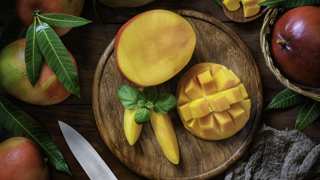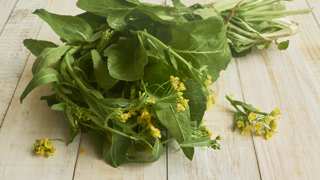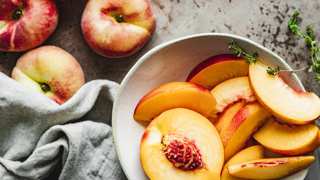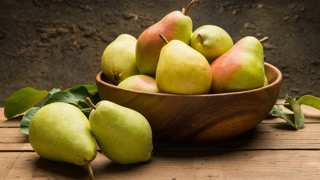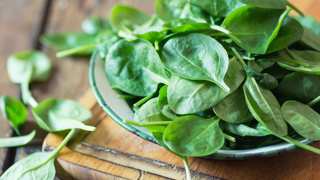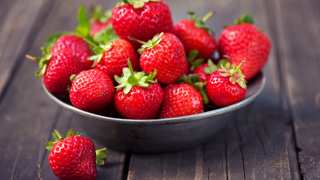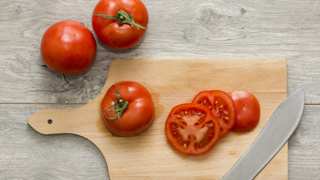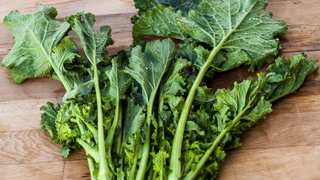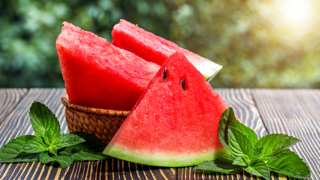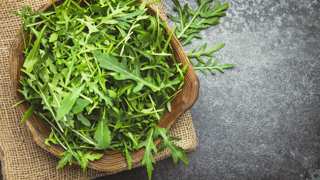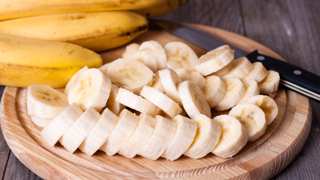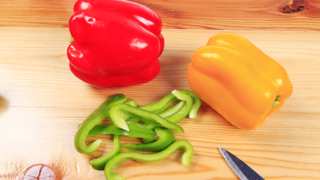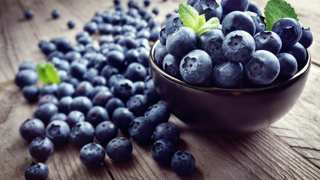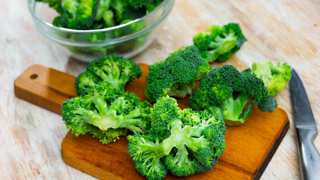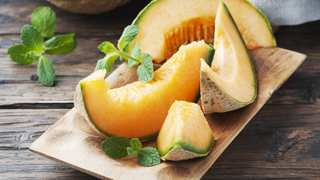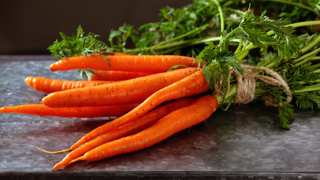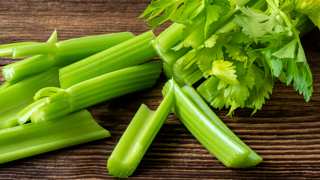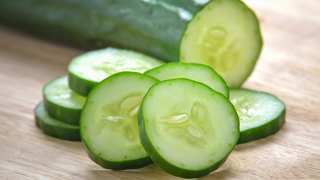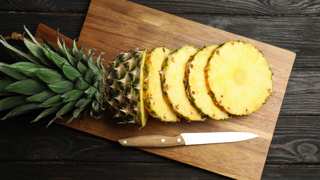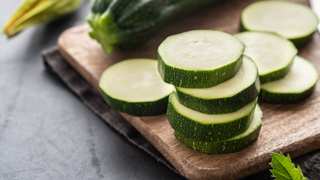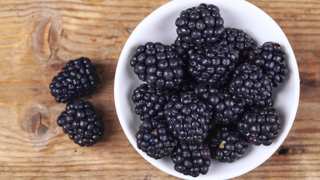Below is the reptile nutrition label for cilantro. We created this label using data provided by the USDA and other reputable sources.
Core
Calories23Cal
Water Content92.21g
Carbohydrates3.67g
Total Carbohydrate3.67g
Fiber, total dietary2.8g
Sugars0.87g
Fat0.52g
Total Fat0.52g
Total saturated0.014g
16:00.012g
18:00.001g
Total monounsaturated0.275g
16:10.002g
18:10.273g
Total polyunsaturated0.04g
18:20.04g
Proteins2.13g
Protein2.13g
Minerals
Calcium, Ca67mg
Copper0.225mg
Iron1.77mg
Magnesium26mg
Manganese0.426mg
Phosphorus, P48mg
Potassium, K521mg
Selenium0.9μg
Sodium46mg
Zinc0.5mg
Vitamins
Vitamin A, IU6748IU
Vitamin A, RAE337μg
Alpha-carotene36μg
Beta Cryptoxanthin202μg
Beta-carotene3930μg
Lutein + Zeaxanthin865μg
Vitamin B1 (Thiamin)0.067mg
Vitamin B2 (Riboflavin)0.162mg
Vitamin B3 (Niacin)1.114mg
Vitamin B5 (Pantothenic acid)0.57mg
Vitamin B60.149mg
Vitamin B9 (Folate)62μg
Folate (from food)62μg
Folate (dietary equivalent)62μg
Vitamin C27mg
Vitamin E (alpha-tocopherol)2.5mg
Vitamin K1 (phylloquinone)310μg
Choline12.8mg
Sterols
Phytosterols5mg
Beta-sitosterol2mg
Stigmasterol3mg
Nutrition Scores
Ca:P Ratio1.4:1
Ca:P RatingGood
Safe to FeedDaily
HealthinessVery healthy
Notes/Instructions: Wash thoroughly. Chop into small pieces.
Cilantro Benefits
Cilantro is a healthy herb and has no major health concerns or risks making it a great choice for bearded dragons.
A Very Basic (pH) FoodCilantro is considered very basic on the pH scale. This makes it a good food to serve with fruits and other foods which are acidic as it will help offset the acidity.
Rich in Nutrients, Low in SugarCilantro has is rich in calcium and vitamin A, but low in phosphorus and sugar. This makes it a well-balanced and nutritious addition to any meal.

